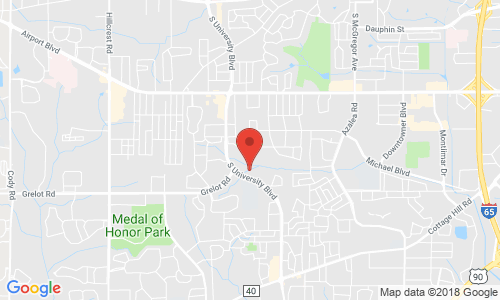We are preparing for the possibility of seeing you again (and we’re excited about that). The Center for Disease Control and Prevention (CDC) has indicated that we may start scheduling appointments on May 1. We are getting ready. We have been and will continue to follow all CDC/ADA recommendations.
1. We will start with outside pre-op patient screenings including a temperature check and a COVID-19 symptom questionnaire.
2. Our staff will be screened daily upon arrival.
3. We are using air filters, front desk barriers and N95 masks.
4. All cleaning products are verified through the EPA registration database to kill the virus.
5. We will limit the use of the patient waiting area to keep “social distancing” and we will use an additional isolated waiting room for high-risk patients if needed.
We do ask that anyone who has respiratory symptoms, a fever or if you have been in direct contact with a known or suspected infected person in the last 2 weeks to kindly reschedule your appointment. We will waive the 24 hour cancellation fee in these situations as long as the appointment is rescheduled. We are also happy to assist you in setting up medical testing prior to your return visit.
We will be operating extended hours including weekends. Ask for details when scheduling your appointment.
We ask for your patience while we adjust our practice in order to protect you and our staff. We look forward to seeing you all very soon. We miss you.
Remember to brush 3 times and floss at least once a day.
Urgent Care will be seen above routine dental visits. Please notify us when you call if there is an urgent need.
URGENT CARE GUIDE
Please call our office to make arrangements for urgent dental care (251) 344-4571. If in doubt, please call us and we will evaluate the situation by phone and assist you in making preparation for your care.
• Dental pain (including chronic ulcerative mucosal disease management)
• Swelling of gums, face, or neck
• Signs of infection such as a draining site
• Trauma to face, jaw, or teeth, including fractures
• Pre- and post-transplant, radiation, or bisphosphonate patients with oral symptoms (will evaluate by telephone screening first)
• Pre-transplant evaluations
• Referrals made by physicians or other health care providers
• Potential malignancy
• Broken tooth
• Ill-fitting denture
• Final crown/bridge cementation if the temporary restoration has broken, is lost, or is causing gingival irritation

